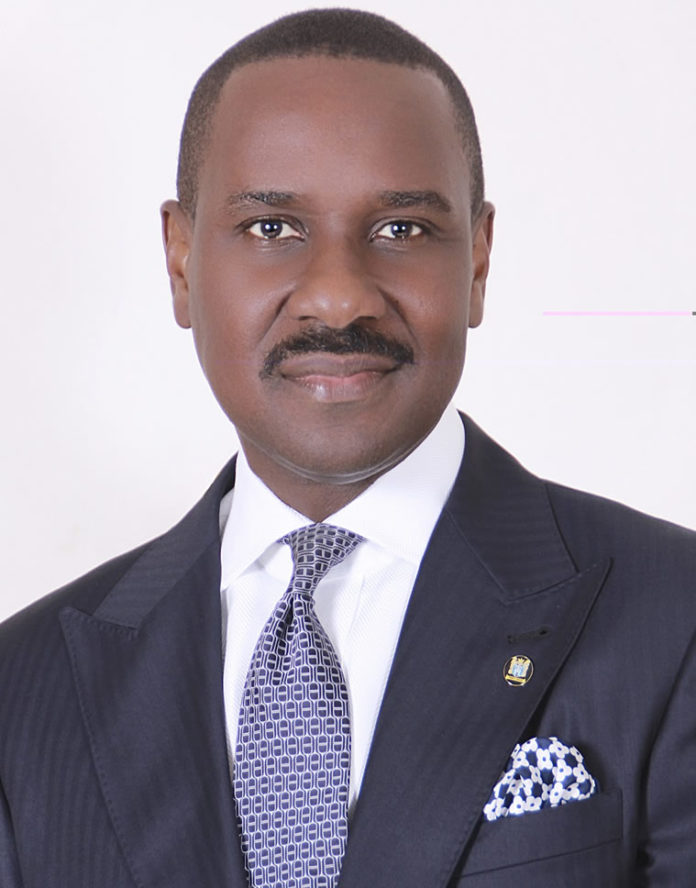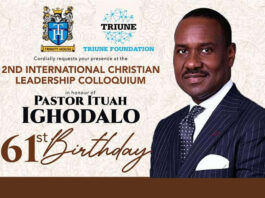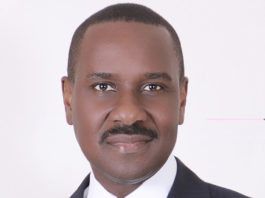I was asked to speak recently at a youth summit on the role of the youth in governance, peace and security. While there has been a relative improvement in governance across Africa, there are still formidable challenges, most of which directly or indirectly are found amongst the youths.
The future of Nigeria belongs to the youths who as the saying goes are the leaders of tomorrow. But truth be told, we need to start helping our youths find their places in leadership and governance starting from today. They have tremendous roles to play towards national development and integration. Unfortunately they are not given the necessary attentions by the authorities concerned in incorporating them into the process of national development.
What are some of the challenges facing our youths and inhibiting their positive roles in nation building, peace keeping, security and good governance?
- Unemployment
From available statistics, especially the recent census figures, Nigeria has a youthful population of about 80 million, which is about 60 percent of her population. Statistics have it that 54% of this number (Nigerian youths) were unemployed last year (2013).
- Poverty
It has been estimated that 70% of our population live below the poverty line of less than $2 – $4 per day and with a huge youth population of almost 80 million, majority of those affected are young people. Unemployment and poverty are so intertwine that one can easily confuse one for the other. Although, it is possible for one to be employed and still be poor, this is likely to be a case of underemployment.
- Illiteracy
Linked to poverty is illiteracy. Education is vital to poverty reduction and national building in any country including Nigeria. However, educational opportunities for young people are unequally distributed. Due to socio and economic reasons, some young people are discriminated against. Some socio-cultural groups also favour certain sexes in school enrolment than the other sex and lots of young people have resorted to trading to assist themselves and their families instead of going to school. As you can see, unemployment leads to poverty, which leads to people dropping out of or not going to school, which leads to illiteracy, which then leads back to unemployment. Also, various scholars have argued that as far as the formal sector is concerned, the average Nigerian graduate is unemployable, because of lack of necessary skills needed by the employers of labour for formal employment. This is attributed to Nigeria’s educational system in that the course content of most tertiary institutions in Nigeria lack entrepreneurial contents that would have enabled graduates to become job creators rather than job seekers. Many graduates in Nigeria lack entrepreneurial skills to facilitate self-employment
- Lack of Political Space for Youth Participation
Most African governments lack the political will to involve, organise and engage youths in policy formation and governance. An example is the ongoing national conference where the average age of the participants are those in their 60s and 70s while the majority of the population they are making decisions for are in their 20s, 30s and 40s.
- Lack of Platform for Exchange
Similar to 4 above is the lack of platforms at community and national levels for youths to exchange ideas and get involved in the political process.
Social Factors: Alcoholism, drugs and sex
Due to unemployment, a lot of youths have turned to alcohol, drugs and sex and reduced their commitment to educate themselves and some with relative education have no interest to participate in the advocacy of democracy and good governance.
Attention has to be drawn to these issues and the important roles of young people.
Way Forward
- Educate youths about peace, governance, security and human rights
- Facilitate the establishment of youth networks and generally enhance partnership, information-sharing and cooperation among youths, government and other development partners
- Facilitate the establishment of platforms for cross-cultural and interfaith dialogue among youths from different social, political and religious backgrounds;
- Create a culture of tolerance through which social, political or religious opinions, similarities and differences could be expressed, discussed and appreciated in peaceful ways
- Provide and provide educational and employment opportunities targeted specifically for youths
- Improving the physical, social and mental health of adolescents and youths
- Eliminating all forms of violence and discrimination against adolescents and youth.





